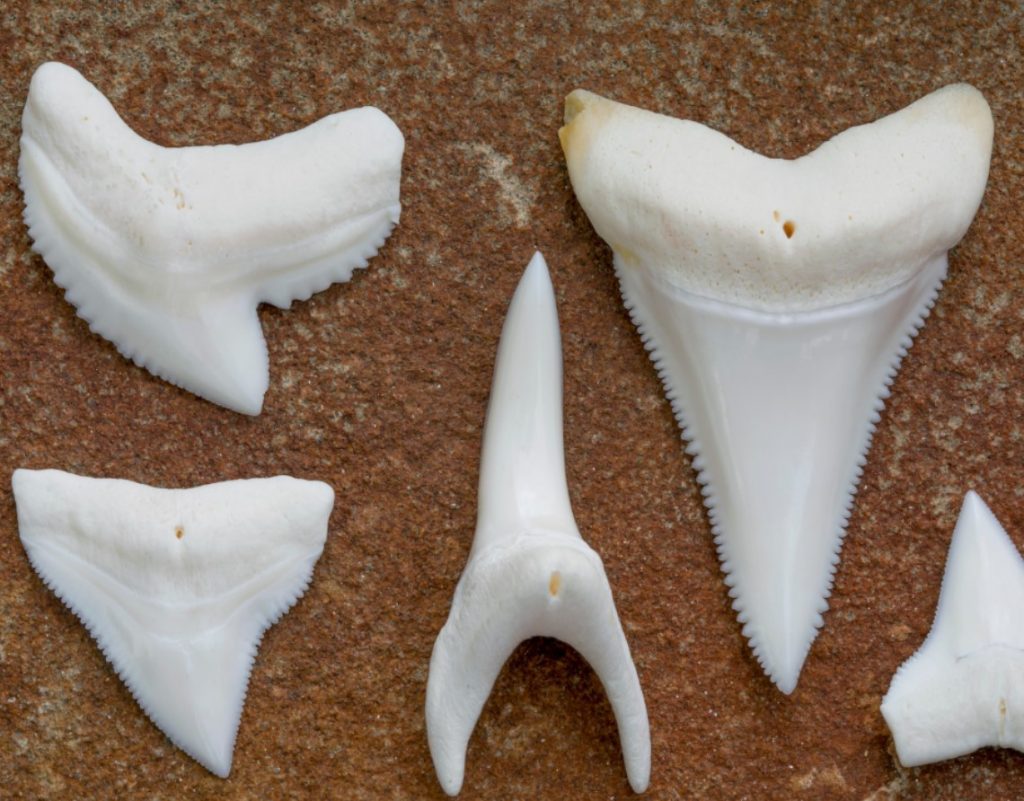MarAlliance trains and works with local traditional fishers, conservation and marine protected area partners and students when conducting research and monitoring activities and subsequently supports their training of other similar groups. This horizontal approach to training supports the use of standardized and replicable field methods and underpins the ability to scale up both fieldwork and conservation impact. At least 136 traditional fishers and guides from our current research sites in seven countries have have been trained to conduct standardized fisheries dependent and independent research and data collection. These skills have provided several fishers with up to 25% of their annual income from research and monitoring activities alone and enabled them to work with a range of other scientists. This additional livelihood helps to decrease fishing effort while the fishers are conducting science. Through our program, several of our outstanding fisher partners have themselves become trainers and conduct peer-to-peer training in several countries. These exchanges further foster important dialogue and search for solutions to small-scale fisheries declines. In addition to building fishers’ capacities through training and economic diversification, we have gained valuable traditional ecological knowledge from the fishers. This information is integrated into the studies to ensure that their voices and years of experience on the sea resonate in conservation strategies.

Imagine a World Without Sharks: Dream or Nightmare?
Consider a common misconception: many people believe a world without sharks would be ideal. They imagine our oceans liberated from the “fearsome predators” often portrayed


